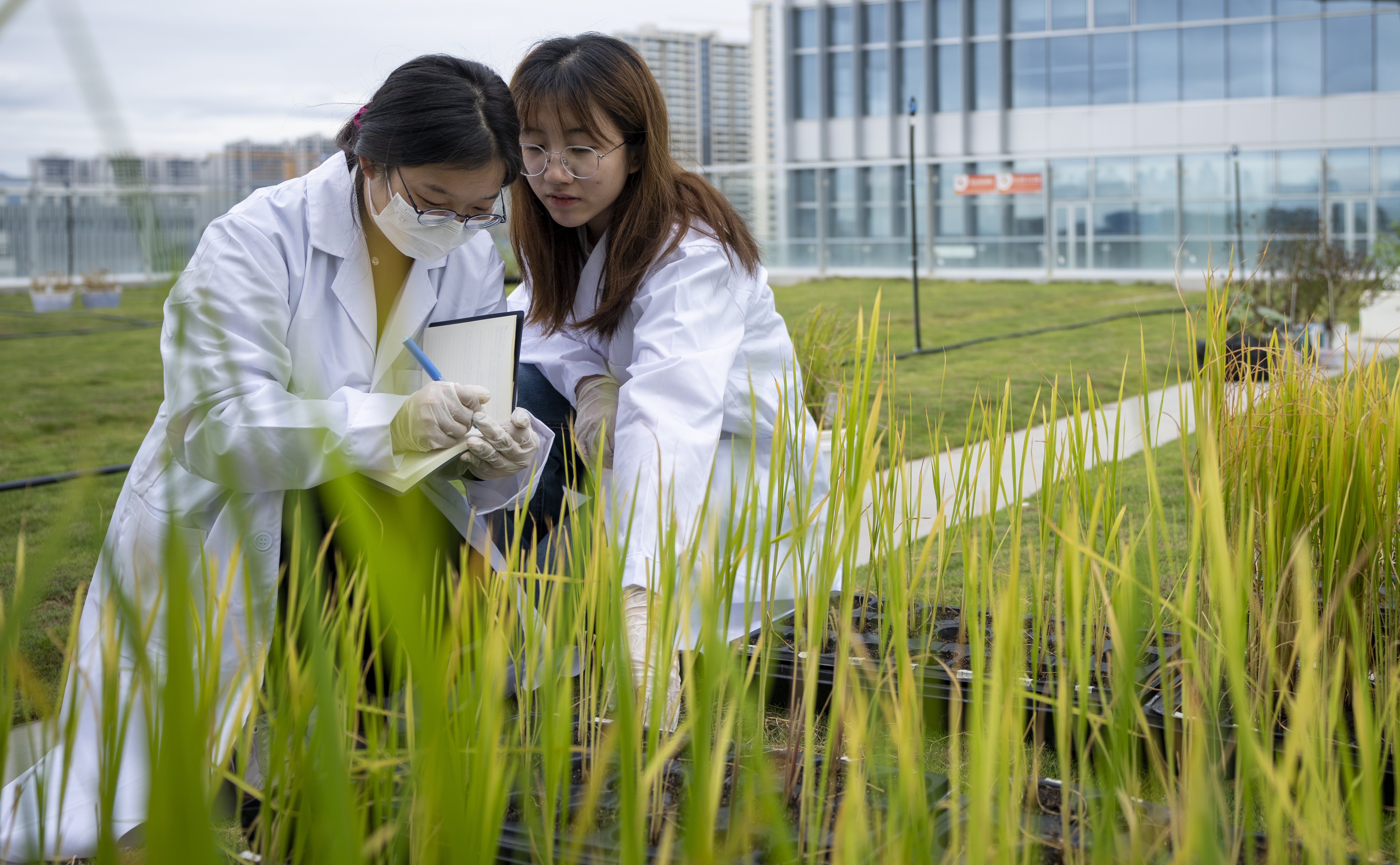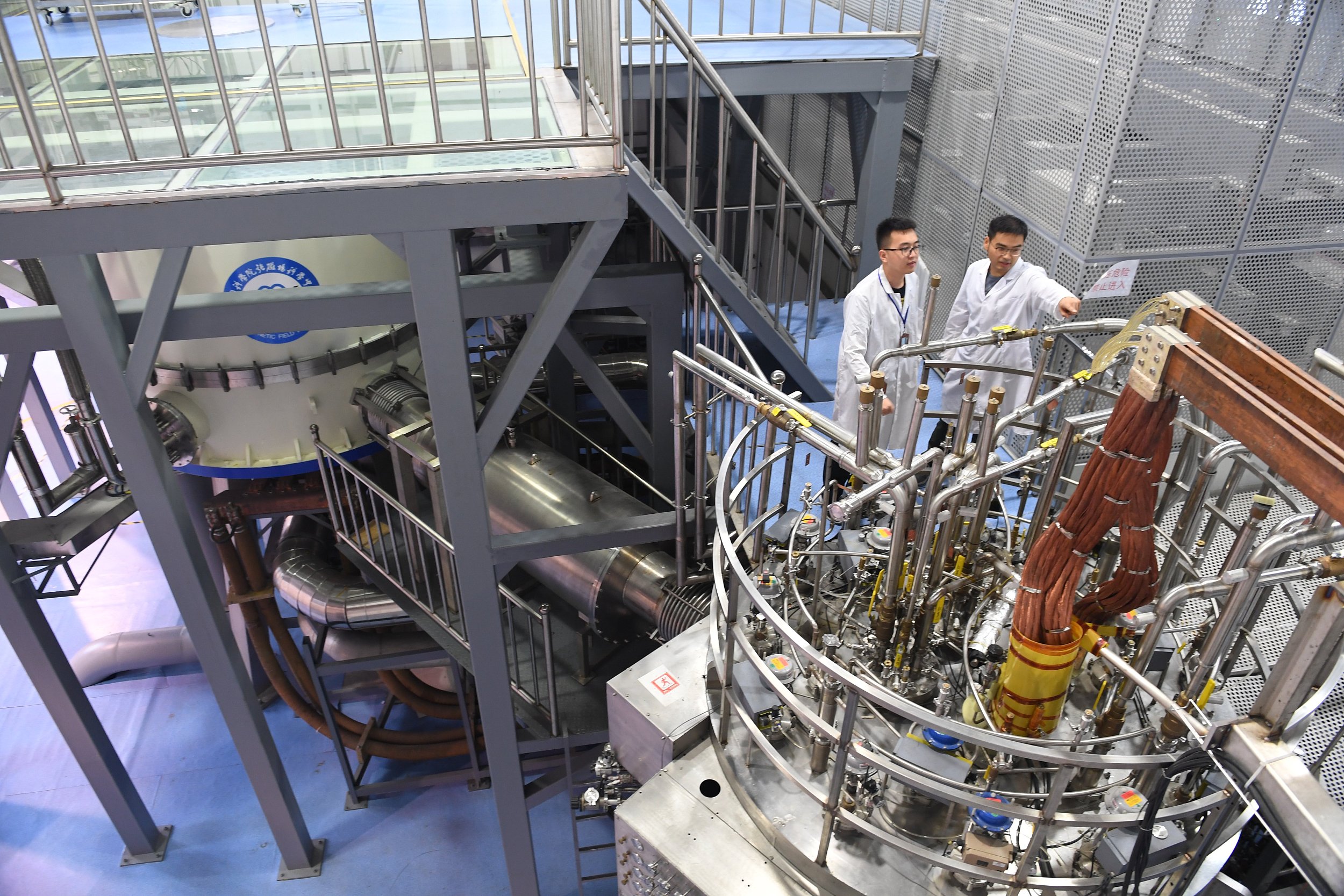Good News for Sci-tech Workers

Fostering an innovative and professional workforce is crucial for national sci-tech innovation, something China is keenly aware of.
The Sci-tech Workers' Day, on May 30 each year, was written into the revised Law on Progress of Science and Technology. Thus its importance was heightened. It reflects China's people-centered development philosophy, and greatly enhances the sense of pride within the circle of sci-tech workers.
In order to motivate researchers to climb up sci-tech peak, many policies that benefit researchers are put forward in this revised law. Article 68 says that China encourages sci-tech personnel to explore freely and take risks, and calls for a favorable atmosphere that inspires innovation and tolerates failure.
The researchers, engaged in pioneering and high-risk projects, would be exempted from liability if they fail to achieve decent results, but they have to prove they had tried their utmost and fulfilled responsibilities, notes article 68. This will greatly enlarge the room for researchers to explore all possibilities.
To free researchers from administrative work, and ensure sufficient time for their research, article 64 rules that the burden of sci-tech personnel in project application, document material submission, and expense reimbursement should be reduced.
For the sake of better stimulating the enthusiasm of researchers, a reward mechanism is highlighted in this revised law. For example, article 60 calls on research institutions, universities and enterprises to introduce incentive measures, such as dividends, option incentives and stock rights.
In terms of talent protection, the revised law introduces a protection and restraint mechanism. Article 57 stipulates that unfair treatment to sci-tech personnel and their research achievements is strictly prohibited. In addition, article 109 says people who use their power to oppress, exclude or deliberately harass sci-tech personnel would be punished.
Chen Baoming, vice director of Scientific and Technological Talent Center at the Ministry of Science and Technology (MOST), said that incentives and protection of rights and interests are two indispensable aspects for researchers. Under the incentive mechanism, the more researchers contribute, the more they will benefit.
China fully respects the autonomy of research organizations, which may leave room for unfairness. Therefore, preventing researchers from being treated unfairly is not only to protect their rights and interests, but also a check and balance on the autonomy of the researchers' affiliated organizations, added Chen.
Previously, He Defang, deputy secretary-general at MOST, said that China still faces a shortage of strategic scientists, and the measures to train and use young researchers are still not adequate. In the revised law, the growth of young researchers is acknowledged. Article 66 stipulates that the identification, cultivation and utilization of young talent should act as indicators for assessing the sci-tech progress of research organizations.
According to the China Science and Technology Talent Development Report 2020, released in 2021, during the 13th Five-Year Plan period (2016-2020), more young people have become the major workforce in research.
In terms of stimulating the creativity of researchers, the classified evaluation system for researchers was emphasized. Article 63 says that China should implement a classified evaluation system based on the differences of research disciplines and the contribution of researchers.
In fact, China has always focused on the reform of the talent evaluation mechanism. According to MOST in late March, some research associations in the fields of math, physics, chemistry, computer science and medicine were chosen as pilot units in 2021. Over the past year, they all have established their own Guidelines on Academic Evaluation Standards and Guidelines on the Code of Conduct for Research Activities, and achieved preliminary results.
For example, Chinese Physical Society said that physical academic evaluation should not solely focus on the author's ranking. It is required to make a comprehensive and objective evaluation based on the novelty, academic influence, opinions of peer experts, quality of the publications or the patents, and quotation rate, while considering the different characteristics of theoretical research, experimental research, basic research and applied research.


